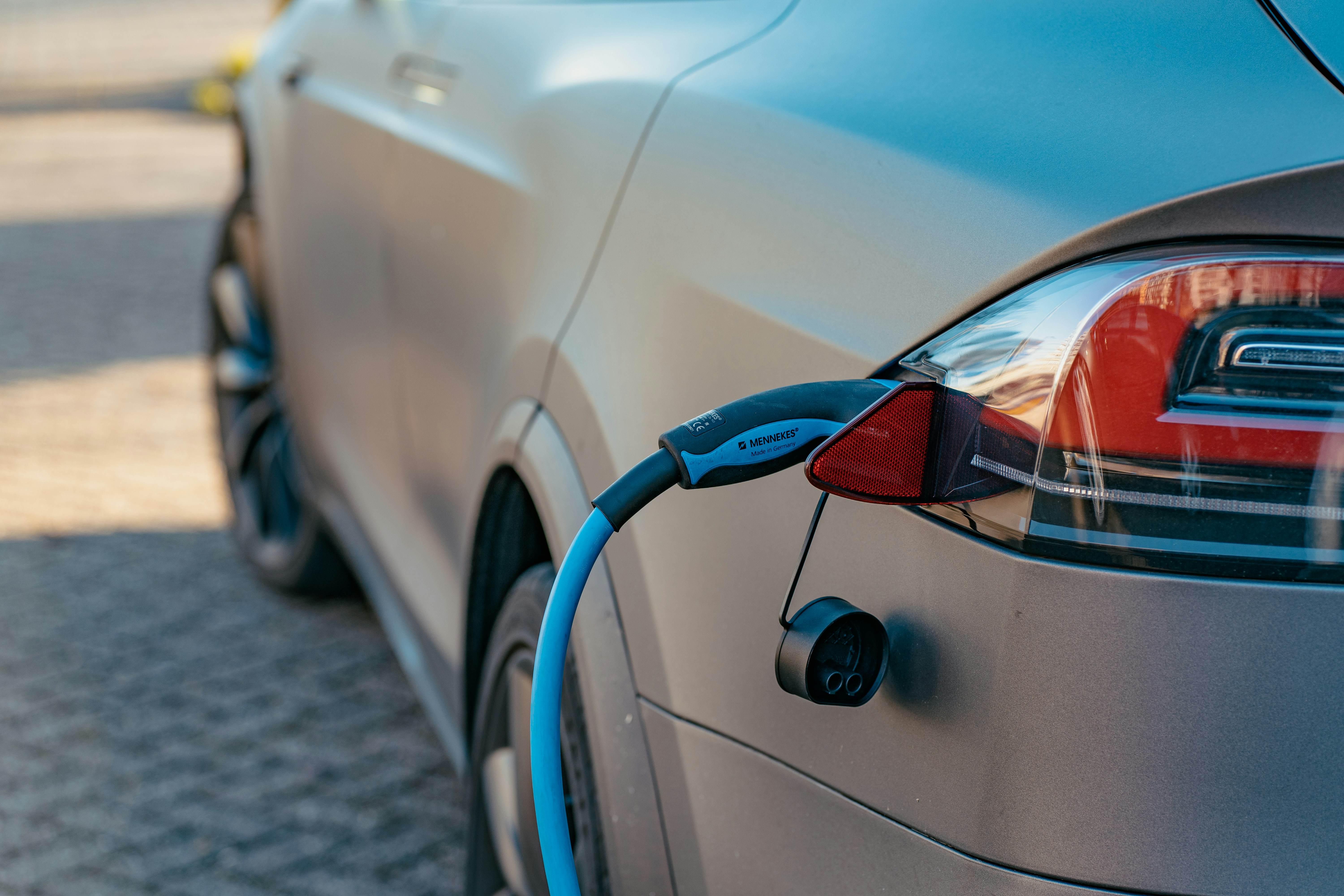When Governor Greg Abbott signed Senate Bill 1002 on May 19, 2023, a major victory was secured for the future of the electric vehicle (EV) charging network in Texas. This legislation prevents utilities in Electric Reliability Council of Texas (ERCOT) territory, the grid that handles the majority of electric load in the state, from using ratepayer funds to build EV charging stations. These utilities can only participate in the EV charging market through a separate subsidiary. Non-ERCOT utilities, which operate in predominantly rural areas, can still own and operate EV charging stations but only through a right of first refusal process and other stipulations. The right of first refusal provisions for Non-ERCOT territory ensure that private entities are given the opportunity to block the installation of nearby utility-owned chargers if they are planning to make a similar investment themselves in the near future. This legislation was bipartisan, with a Republican authoring SB 1002 and a Democratic author introducing the House version, HB 3508.
Key Provisions of SB 1002:
Prohibits ERCOT utilities from using ratepayer funds to own and operate EV charging stations, instead requiring a separate subsidiary for participation in the EV charging market.
Restricts the ability of Non-ERCOT utilities to own and operate EV charging stations.
CAP was proud to work with members, allies and other stakeholders to raise awareness and build support for this legislation. A diverse group of organizations supported this legislation including consumer advocates, environmentalists and retailers interested in getting into the EV charging business. While the passage of SB 1002 was a major step forward for the future of the Texas EV charging network, there is still work to be done! Antiquated rate structures reliant on demand charges continue to discourage investment in EV charging and must be addressed.


